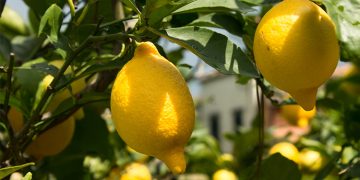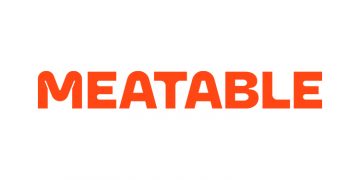Aquaculture (the cultivating and harvesting of water-based creatures and organisms) has been in the spotlight heading into 2024. In late 2023, the Responsible Seafood Summit reported that, while the seafood industry remains a central part of the global food supply, sustainability is a growing concern. This applies to aquatic-based supplements as well as traditional seafood — and the limited supply is a factor that is helping brands like Arctic Blue shine for their eco-friendly business activities.
“We love to make waves,” says company founder Ludo van de Wiel, “Health and sustainability is my passion, which is why I got into Omega-3 fish oil in the first place. The combination of health for both people and the planet was and still is a rarity in this industry.”
Van de Wiel adds that there are plenty of ecolabels in the market that claim sustainability. But talking the talk is different from walking the walk. Often, the difference is subtle. For instance, many companies sport the Friends of the Sea (FOS) sustainability label. While this is something, FOS is a far cry from the stricter Marine Stewardship Council (MSC) certification that Arctic Blue carefully follows, both for itself and the fisheries that it works with.
The MSC stamp of approval also means all of the Arctic cod that provide Arctic Blue’s fish oils are 100% wild. They live in clean waters and are processed right on the boat to ensure the highest quality. At the same time, the brand’s oils come from byproducts of other aquaculture activities. They are sourced from filet trimmings and livers rather than other principal parts of the fish, which minimizes their impact on the ocean ecosystem.
“Our willingness to invest in sustainability reflects the activist character at our core,” Van de Wiel concludes. “We are changing the industry by providing Omega-3 supplements that enhance nutrition while still improving the world. We’re empowering consumers to go for the sustainable option without compromising on their health. It’s a trend-setting solution, and the rest of the aquaculture world is just starting to catch up.”




















